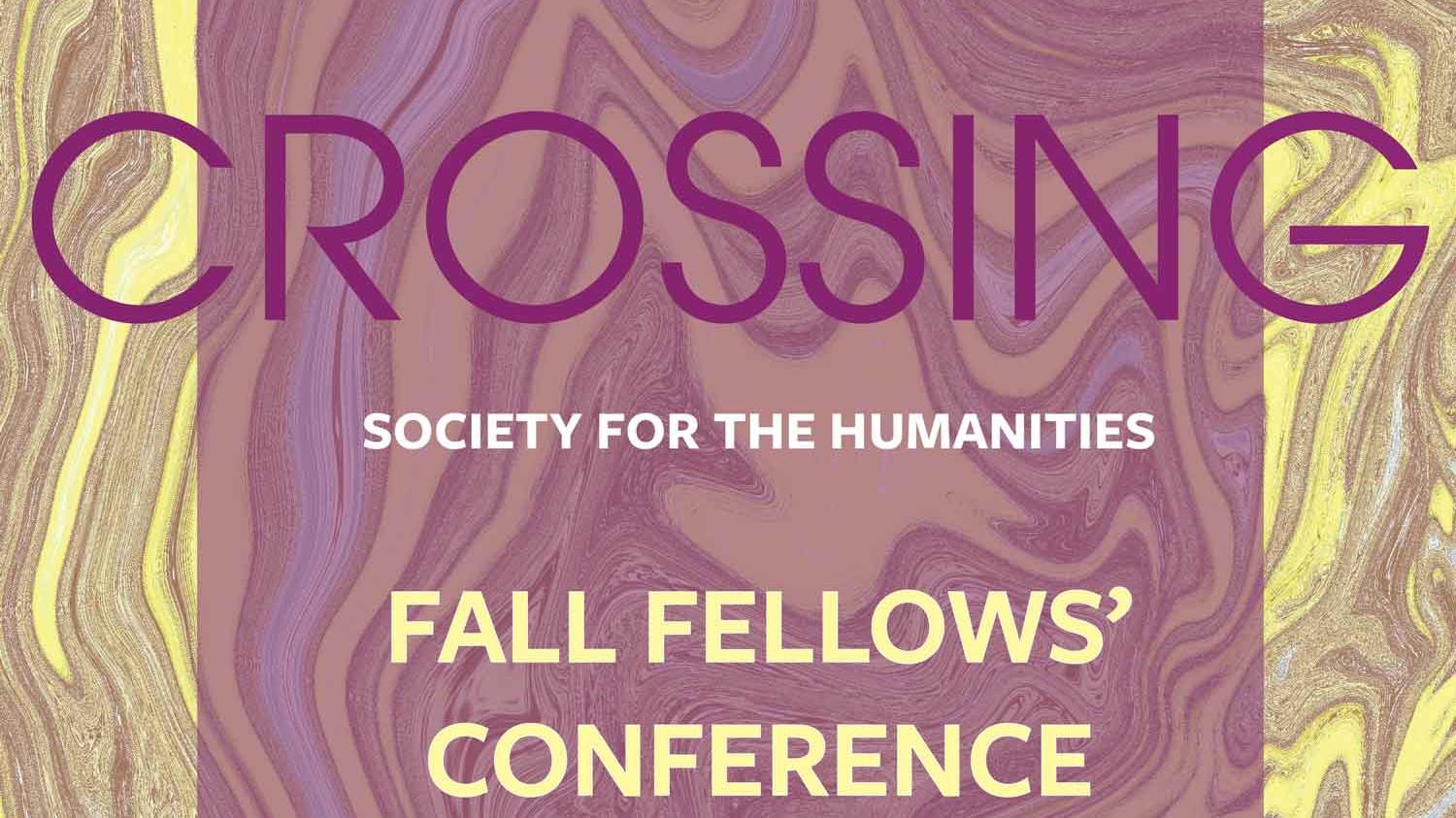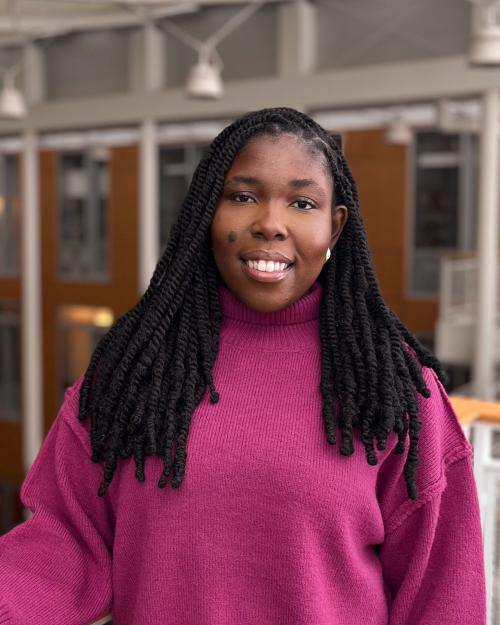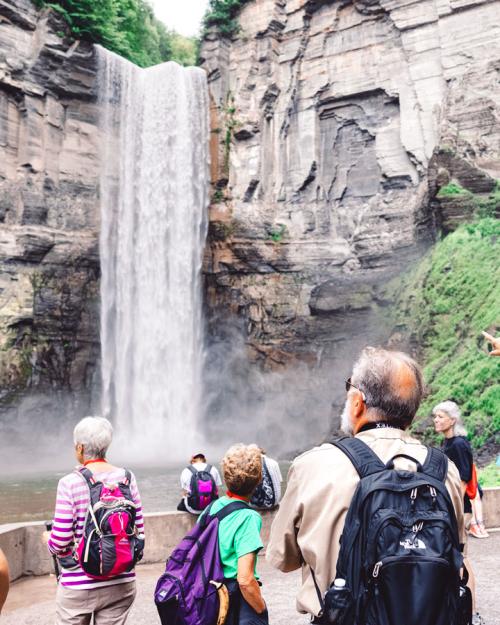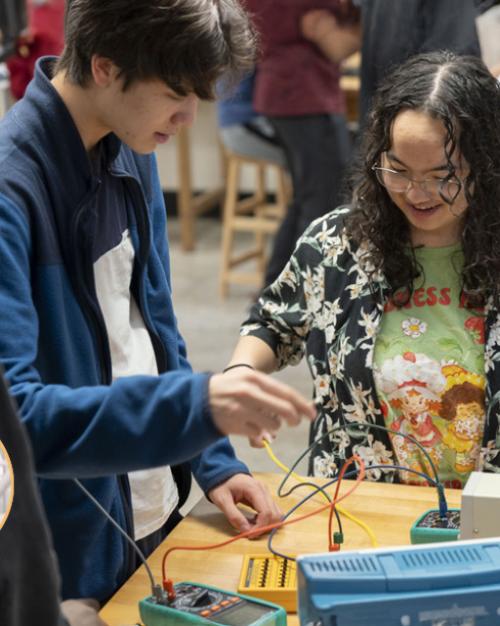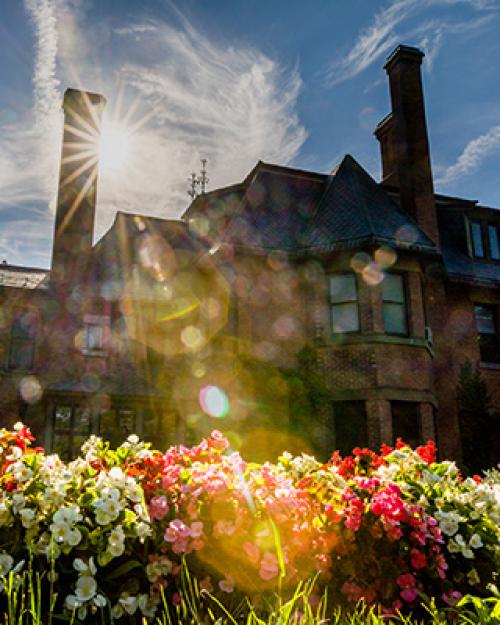From an examination of gender and sexuality in medieval natural histories to a historical look at a borderland province in WWII Eastern Europe, this year’s Society for the Humanities fellows are working on projects that touch on the focal theme of “Crossing.”
The Society’s upcoming fall conference on Friday, Oct. 27, will feature talks by seven of these multidisciplinary fellows. Free and open to the public, the conference will be held at the A.D. White House. Registration is not necessary and refreshments will be provided throughout the day.
The theme of crossing, chosen during the pandemic recovery, guides fellows’ research and courses during this academic year. The fall conference highlights their works in progress and spurs discussion from Cornell faculty respondents and audience Q&A. The daylong schedule is divided into three panels, each featuring perspectives on crossing from disciplines including sociocultural anthropology, German studies, history, medieval culture, Near Eastern studies, romance studies and philosophy. The full conference schedule is available on the Cornell Events Calendar.
Speakers include faculty fellows from the College of Arts and Sciences — Cristina Florea (assistant professor of history) and Kim Haines-Eitzen (the Paul and Berthe Hendrix Memorial Professor in Near Eastern studies and religious studies)—alongside external Society Fellows and Mellon Graduate Fellows.
Florea’s talk, “War and Revolution in the Lands In-Between: Bukovina in World War II,” will introduce the audience to the book project Florea is working on during her fellowship year. “Imagine this: you go to bed a citizen of one state, and you wake up the following morning a citizen of another,” said Florea of the experience of living in these borderlands. “At the eastern periphery of Europe, at the crossroads of states and empires, this sort of thing could happen not once or twice but several times over the course of one’s lifetime.”
Emma Campbell, an external Society Fellow from the University of Warwick (U.K.), will speak about her book project in a talk entitled “Gender and Sexual Embodiment in Medieval Bestiaries.” Campbell’s research claims that bestiaries (moralized descriptions of the natural world, encompassing animals, birds, and stones), “…are part of the history of sex-gender diversity and…speak back to cultural discourses that presume nature’s timelessness and universality, including concepts of ‘natural’ sex and gender.”
The full list of 2023-24 Society Fellows with descriptions of individual research projects is online.
The Society’s end-of-year Crossing conference is planned for April 25-26, 2024, at the A.D. White House.
Julie McLean is program manager for the Society for the Humanities.
